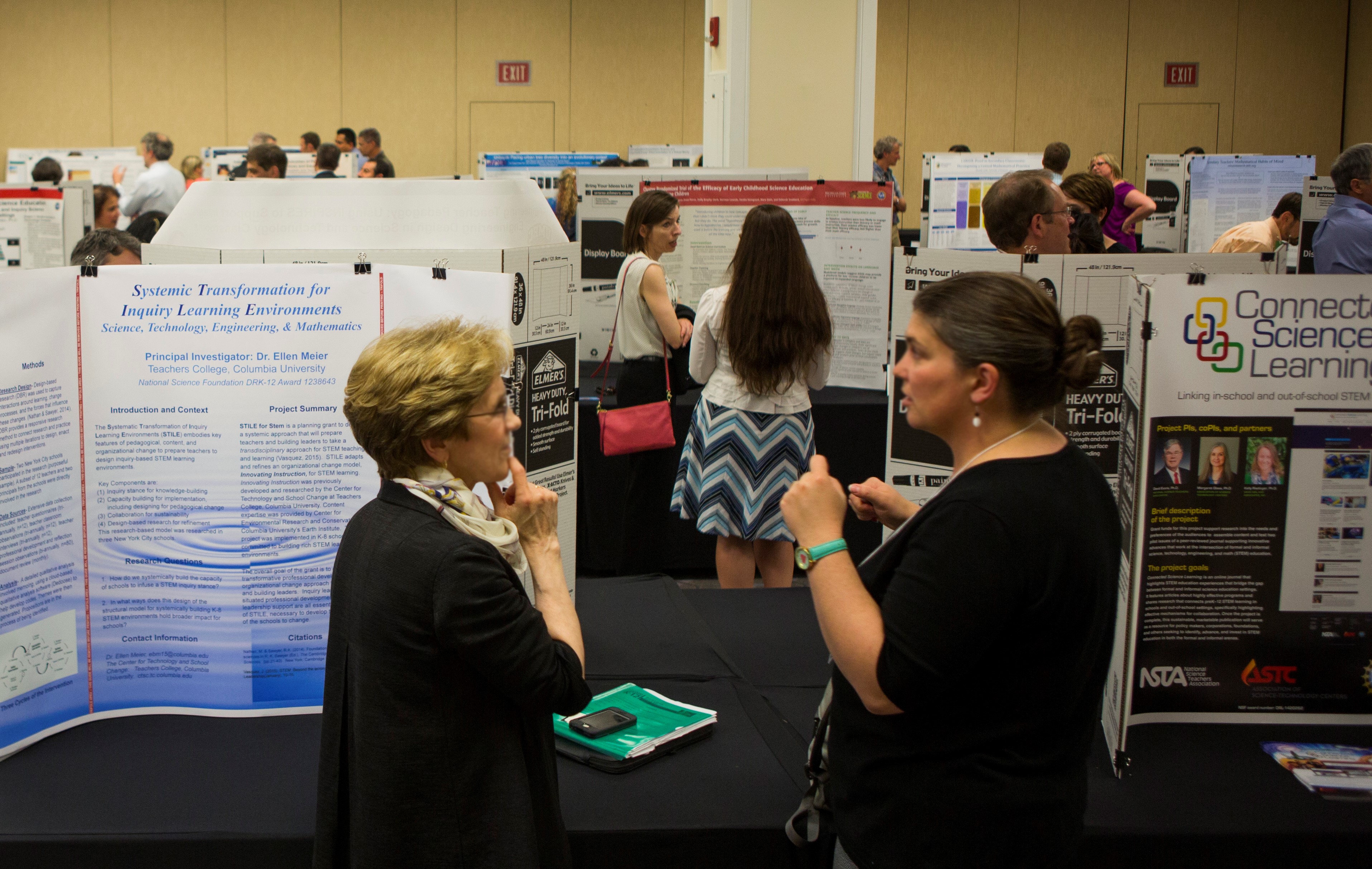Dear Colleagues,
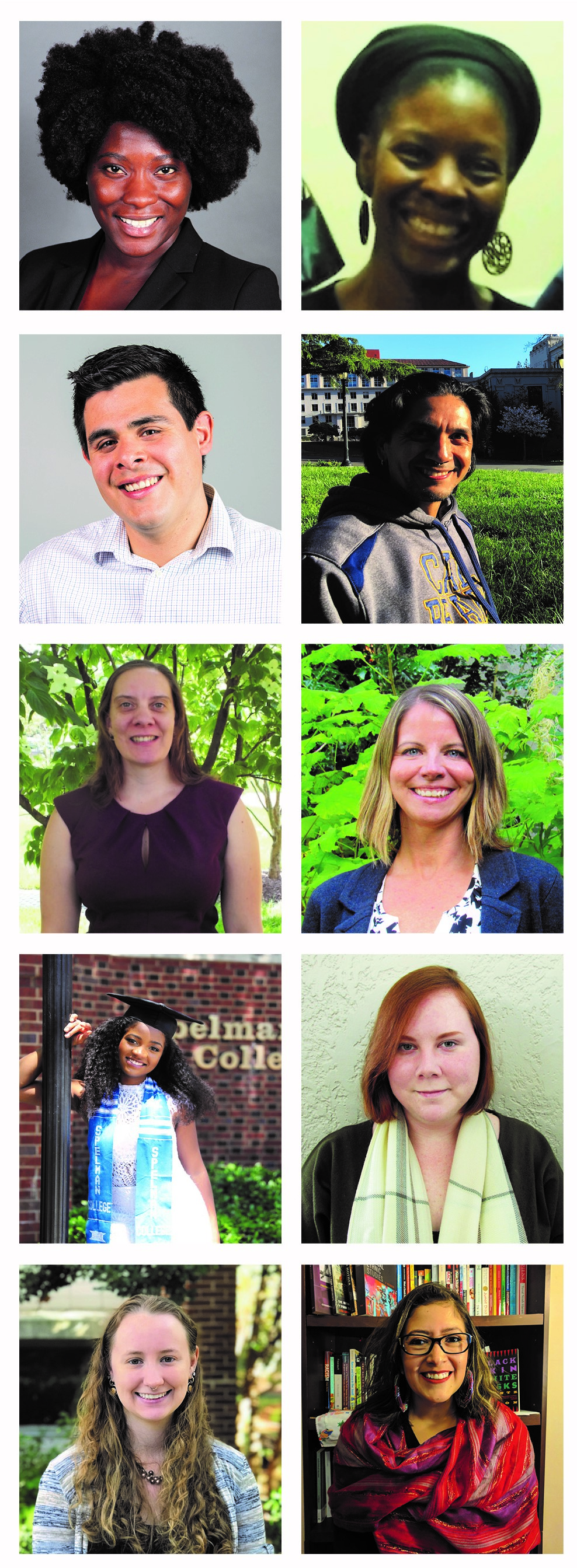 Meet the 2017-2018 CADRE Fellows
Meet the 2017-2018 CADRE Fellows
Congratulations to the 2017-2018 Fellows! CADRE is proud to announce the new cohort. They are:
- Portia Botchway, Vanderbilt University (PI: Rich Lehrer)
- Shondricka Burrell, Temple University (PI: Doug Lombardi)
- Santiago Gasca, TERC (PI: Judy Storeygard)
- Salvador Huitzilopochtli, University of California, Santa Cruz (PI: Trish Stoddart)
- Jenifer Hummer, University of Delaware (PI: Michelle Cirillo)
- Josie Melton, Western Washington University(Co-PI: Chris Ohana)
- Rachelle Minor, Auburn University (PI: Jakita Thomas)
- Jen Tennison, Saint Louis University (PI: Jenna Gorlewicz)
- Brianna Tomlinson, Georgia Institute of Technology (PI: Emily Moore)
- Gabriela Vargas, University of Illinois at Urbana-Champaign (PI: Gloriana González)
Managing Your DRK-12 Award
|
We're on LinkedIn!
CADRE, STELAR and MSPnet have joined forces to co-facilitate a LinkedIn group on NSF STEM Education Research. The group provides a forum for sharing ideas, news, resources, and job opportunities related to NSF-funded STEM education research projects. We hope you'll join us!
Spotlight on Analyzing and Interpreting Data Across STEM Disciplines
Explore a range of DRK-12 products--within and across STEM disciplines--that are designed to develop the knowledge, skills, and ways of thinking that students will need as data literate citizens and/or data-enabled professionals.
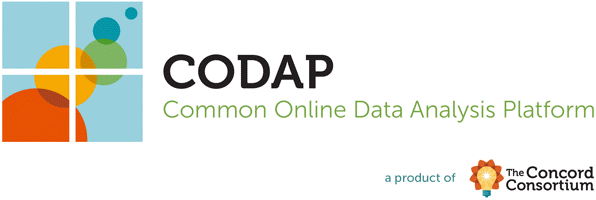 CODAP
CODAP
Grade Levels: 6-14
CODAP is a free, online, open source data exploration, visualization, and analysis platform that is being used in classrooms and by STEM projects to engage students with data. Sample data sets and activities are available as well as support for bringing in your own data sets that could be used as the basis for new student investigations. Learn more in this video. (NSF Award # 1435470)
 Data Nuggets
Data Nuggets
Grade Levels: K-12
Data Nuggets are free classroom activities, co-designed by scientists and teachers, that bring real data from current and ongoing research into the classroom. The activities guide students through identifying hypotheses and predictions, visualizing and interpreting data, making evidence-based claims, and asking their own questions for future research. (NSF Award # 1503005, 1503211)
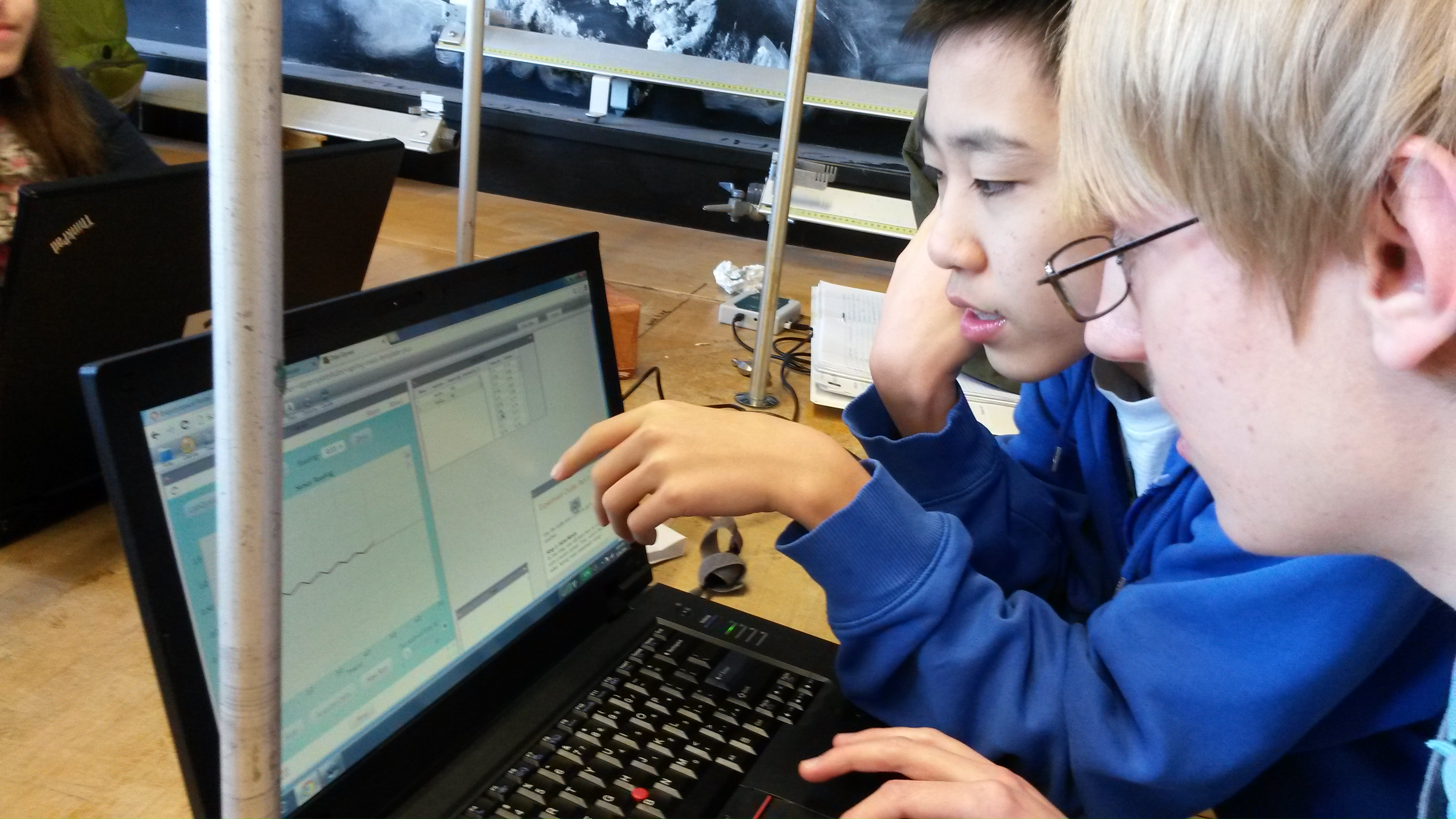 InquirySpace
InquirySpace
Grade Levels: 9-12
InquirySpace supports essential scientific practices such as collecting and analyzing data by integrating probeware, video analysis tools, and data exploration capabilities into a unified technology environment and scaffolding teachers and learners toward generating and conducting their own extended, inquiry-based investigations. (NSF Award # 1621301)
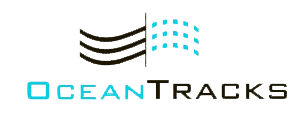 Ocean Tracks
Ocean Tracks
Grade Levels: 9-14
Explore top predators' movements through the Pacific Ocean, learn about human impacts on marine environments, and discover how oceanographic conditions can affect marine life using authentic tracking and environmental data in the Ocean Tracks curriculum and platform. Learn more in this video. (NSF Award # 1222220, 1222413)
 TI Sensor Tag
TI Sensor Tag
Grade Levels: 9-12
Students use WiFi-linked sensor tags to collect environmental data in their schoolyard and then analyze and interpret their data using data tables and graphs in the ITSI activity. Learn more about the Model My Watershed project and TI sensor probeware in this video. (NSF Award # 1417527, 1417722, and 1418133)
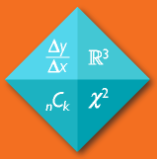 Transition to College Mathematics and Statistics
Transition to College Mathematics and Statistics
Grade Level: 12
Transition to College Mathematics and Statistics (TCMS) is a problem-based, inquiry-oriented, and technology-rich fourth-year high school mathematics course that emphasizes modeling and data analytics, including the processes of problem formulation, data collection, representation, interpretation, prediction, and simulation supported by strategic use of TCMS-Tools, a suite of public domain software tools concurrently developed and integrated with the curriculum materials. (NSF Award # 1020312)
 WISE
WISE
Grade Levels: 5-9
The Web-based Inquiry Science Environment (WISE) offers teachers and students a web-based, interactive set of units covering NGSS goals that support diverse students to interpret, critique, and construct graphs; enable students to explore graphs of complex scientific phenomena such as thermodynamics; and offer teachers a dashboard showing individual student progress during instruction, a grading tool, and ways to customize instruction. Example units: Thermal Challenge and Ocean Biodiversity. (NSF Award # 1418423)
Planning for the 2018 DRK-12 PI Meeting
- broadening participation (45%)
- professional development (35%)
- assessments/measures of teacher practice or knowledge (26%)
- integrated STEM (25%)
- educational technology (23%)
- PIs with proven success disseminating (63%)
- researchers with strong partnerships with practitioners (57%)
- expert on equity and underrepresentation in STEM (54%)
- expert in federal STEM policy and funding (39%)
If you have promising practices, experiences, and/or expertise in one of these areas and may be interested in sharing with your colleagues, please contact us! We also welcome additional suggestions and input at cadre@edc.org. The most up-to-date PI meeting information will be available on the event page.
DRK-12 Modeling Sessions at NSTA
Newsbites from DRK-12 & NSF
We're pleased to share this quarter's news from DRK-12 projects and people, as well as our sister resource networks who serve other NSF funding programs (ATECentral, CAISE, CIRCL, CS for All Teachers, MSPnet, and STELAR). In addition to our newsletter digest, we disseminate your news items on our website and social media. Let us hear from you!
News from DRK-12 Projects & Awardees
- 2017 WISE Awards
Awards & Recognition | In a previous newsletter, CADRE shared that PhET Simulations was a finalist for the WISE awards. Since then, PhET was chosen as one of 6 WISE awardees. Congratulations! - Nebraska-led Project Aims to Boost Climate Literacy
In the News | Nebraska Today spoke with Cory Forbes about his newly funded DRK-12 project, which will develop an online tool focused on climate modeling. - Mathematical Argumentation in Middle School-The What, Why, and How
Publications | This step-by-step guide to mathematical argumentation comes with activities, games, and lesson planning tools, and was based on DRK-12 work. - NSF ECR 2017 Keynote
Presentations | A recording of Jodi Asbell-Clarke's keynote presentation at NSF ECR 2017 is now available. In it, she discusses differentiated learning through implicit assessment.
News from NSF Networks
- 2017 ITEST Awards
In their fall newsletter, STELAR welcomed 16 new projects to the ITEST Community of Practice. - Cyberlearning Community Report: The State of Cyberlearning and the Future of Learning With Technology
This recently released report, produced by CIRCL and 22 members of the cyberlearning community, describes six design themes emerging across multiple NSF-funded cyberlearning projects. - The Impact of Engineering Design on Elementary Teacher and Student Learning
On October 31, as part of the MSPnet Academy webinar series, Brenda Capobianco and Tamara Moore will discuss two models of engineering design, approaches to engineering design-based science teacher professional development, discourse tools for teaching science through design, and cross-disciplinary resources designed to improve student learning.
See our Upcoming NSF Network Events page for ATE, CIRCL, CAISE, CS for All Teachers, MSPnet, or STELAR, events that may be of interest to you.
Upcoming Opportunities
The following funding, publication, and career opportunities, listed by deadline, may be of interest to you or your DRK-12 colleagues.
- November 6, 2017 - Advancing Informal STEM Learning (AISL)
- November 14, 2017 - Discovery Research PreK-12 (DRK-12)
- November 27, 2017 - Inclusion across the Nation of Communities of Learners of Underrepresented Discoverers in Engineering and Science (INCLUDES)
- December 8, 2017 - Alliances for Graduate Education and the Professoriate (AGEP)
- January 8, 2018 - Cyberlearning for Work at the Human-Technology Frontier
- January 16, 2018 - Developmental Sciences (DS)
- January 17, 2018 - Increasing the Participation and Advancement of Women in Academic Science and Engineering Careers (ADVANCE)
- January 17, 2018 - Science of Learning
- December 1, 2017 - Educational Leadership | Theme: Bolstering the Teacher Pipeline
- December 1, 2017 - Kappan | Theme: All of the Adults Who Matter: Beyond Teachers and Principles
- December 1, 2017 - Science Scope | Maker Movement and Engineering
- December 1, 2017 - The Science Teacher | Theme: Critical Thinking
- December 15, 2017 - The Earth Scientist | Spring 2018 Issue
- January 1, 2018 - Kappan | Power and Influence in Schools and Statehouses
- January 1, 2018 - NCSM Journal of Mathematics Education Leadership | Spring 2018 Issue
- February 1, 2018 - Mathematics Teaching in the Middle School | 2019 Focus Issue: Making Math Social
- November 15, 2017 - 14th International Conceive Design Implement Operate Initiative (CDIO) Conference
- December 18, 2017 - Association for the Advancement of Computing in Education (AACE) 2018 EdMedia + Innovate Learning Conference
- December 29, 2017 - Association for the Advancement of Computing in Education (AACE) Global Learn 2018 Conference
- December 31, 2017 - 8th Institute of Electrical and Electronics Engineers (IEEE) Integrated STEM Education Conference
- Ongoing - NSF DRL Program Directors
- December 15, 2017 - AERA Congressional Fellowship

